"Top 10 Scientists of All Time: A Look at the Greatest Minds in History"
"Top 10 Scientists of All Time: A Look at the Greatest Minds in History"
Science is a vast field with a rich history of brilliant minds who have made groundbreaking discoveries that have changed the way we understand the world around us. From ancient Greek philosophers to modern-day researchers, scientists have played a crucial role in shaping our knowledge and understanding of the universe. In this blog post, we will take a look at the top 10 scientists of all time, who have made significant contributions to the field of science.
1. Albert Einstein - Known for his theory of general relativity and the famous equation E=mc^2, Einstein revolutionized our understanding of space and time. He received the Nobel Prize in Physics in 1921 for his work on theoretical physics.
Einstein was a German-born physicist who developed the theory of general relativity, which describes the behavior of massive objects in space and time. He also made important contributions to the development of quantum mechanics and statistical mechanics. In addition to the Nobel Prize, Einstein received many other awards and honors during his lifetime, including the Copley Medal and the Franklin Medal.
2. Isaac Newton - Widely considered the father of modern physics, Newton developed the laws of motion and universal gravitation. His work laid the foundation for many fields of science, including astronomy, optics, and mathematics.
Newton was an English mathematician, physicist, and astronomer who is widely considered one of the most influential scientists of all time. In addition to his laws of motion and universal gravitation, Newton made significant contributions to the field of calculus and developed the reflecting telescope. He was also a member of the Royal Society and served as its president for many years.
3. Galileo Galilei - An Italian astronomer and physicist, Galileo made significant contributions to the fields of physics and astronomy. He made groundbreaking discoveries using a telescope and was one of the first people to observe the moons of Jupiter.
Galileo was an Italian astronomer, physicist, and mathematician who is considered one of the pioneers of modern science. He made many important observations using a telescope, including the discovery of Jupiter's four largest moons, which he named the "Medicean stars." Galileo also made significant contributions to the field of mechanics and was a strong advocate for the heliocentric model of the solar system.
4. Charles Darwin - An English naturalist, Darwin proposed the theory of evolution by natural selection, which has become the foundation of modern biology. He published his ideas in the book "On the Origin of Species" in 1859.
Darwin was an English naturalist who developed the theory of evolution by natural selection, which states that organisms that possess traits that give them an advantage in their environment are more likely to survive and reproduce. He published his ideas in the book "On the Origin of Species" in 1859, which is considered one of the most important works in the history of science.
5. Nikola Tesla - A Serbian-American inventor and electrical engineer, Tesla made important contributions to the design of the modern alternating current (AC) electricity supply system. His inventions and discoveries in the field of electricity and magnetism have had a profound impact on our world.
Tesla was a Serbian-American inventor and electrical engineer who made many important contributions to the field of electrical engineering. He is credited with developing the alternating current (AC) system of electrical power transmission, which is the most widely used system today. Tesla also made important contributions to the fields of wireless communication and robotics.
6. Marie Curie - A Polish-born physicist and chemist, Curie was the first woman to win a Nobel Prize, and the only woman to win the award twice. She made pioneering contributions to the fields of radioactivity and chemistry.
Curie was a Polish-born physicist and chemist who is best known for her pioneering research on radioactivity. She was the first woman to win a Nobel Prize, which she received in Physics in 1903, and the only woman to win the award twice. Curie also made important contributions to the field of chemistry, specifically in the areas of polonium and radium. She was the first woman to become a professor at the University of Paris, and the first woman to be entombed on her own merits in the Panthéon in Paris.
7. Thomas Edison - An American inventor and businessman, Edison is credited with developing many devices that greatly influenced life around the world, including the electric power distribution system, the motion picture camera, and the phonograph.
Edison was an American inventor and businessman who is credited with developing many devices that greatly influenced life around the world. He is best known for inventing the lightbulb, the phonograph, and the motion picture camera. He also developed the first industrial research laboratory and held over 1,000 patents for his inventions.
8. Stephen Hawking - An English theoretical physicist, cosmologist, and author, Hawking is known for his contributions to the field of quantum mechanics and cosmology. He also wrote several popular science books, including "A Brief History of Time."
Hawking was an English theoretical physicist, cosmologist, and author who made significant contributions to the fields of quantum mechanics and cosmology. He proposed the idea of Hawking radiation, which describes the way black holes emit particles. He also wrote several popular science books, including "A Brief History of Time" which became an international bestseller.
9. Alexander Graham Bell - An inventor and scientist, Bell are credited with developing the first practical telephone. He also made groundbreaking contributions to the field of communication and speech therapy.
Bell was a Scottish-born American inventor, scientist, and teacher of the deaf who is credited with developing the first practical telephone. He also made groundbreaking contributions to the field of communication and speech therapy. He was one of the founding members of the National Geographic Society and held over 18 patents for his inventions.
10. James Clerk Maxwell - A Scottish scientist, Maxwell made major contributions to the fields of electromagnetism and thermodynamics. He is best known for his equations, which describe the behavior of electric and magnetic fields.
Maxwell was a Scottish scientist who made major contributions to the fields of electromagnetism and thermodynamics. He is best known for his equations, which describe the behavior of electric and magnetic fields. He also made important contributions to the field of statistical mechanics and was a member of the Royal Society.
These scientists have made some of the most important contributions to the field of science and have greatly influenced our understanding of the world around us. They have laid the foundation for many fields of study and have influenced countless scientists and researchers. Their work continues to inspire future generations of scientists and researchers to explore the mysteries of the universe.
In conclusion, science is a field of endless curiosity and discovery. These 10 scientists of all time are a testament to the powerful impact that scientific research can have on the world. They have changed the way we understand the universe and have helped us to unlock many of its secrets. Their contributions will be remembered for centuries to come.
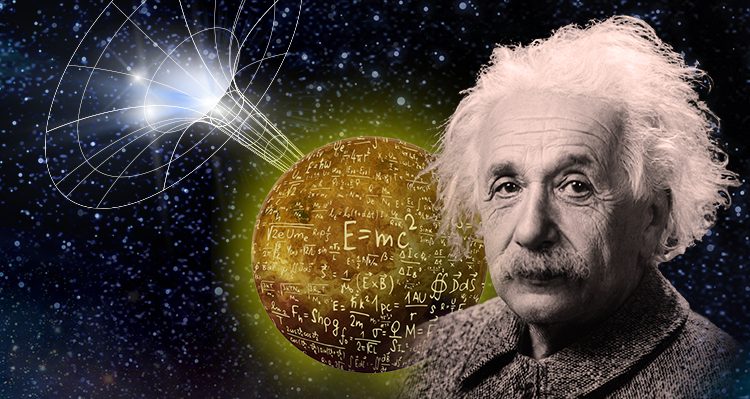


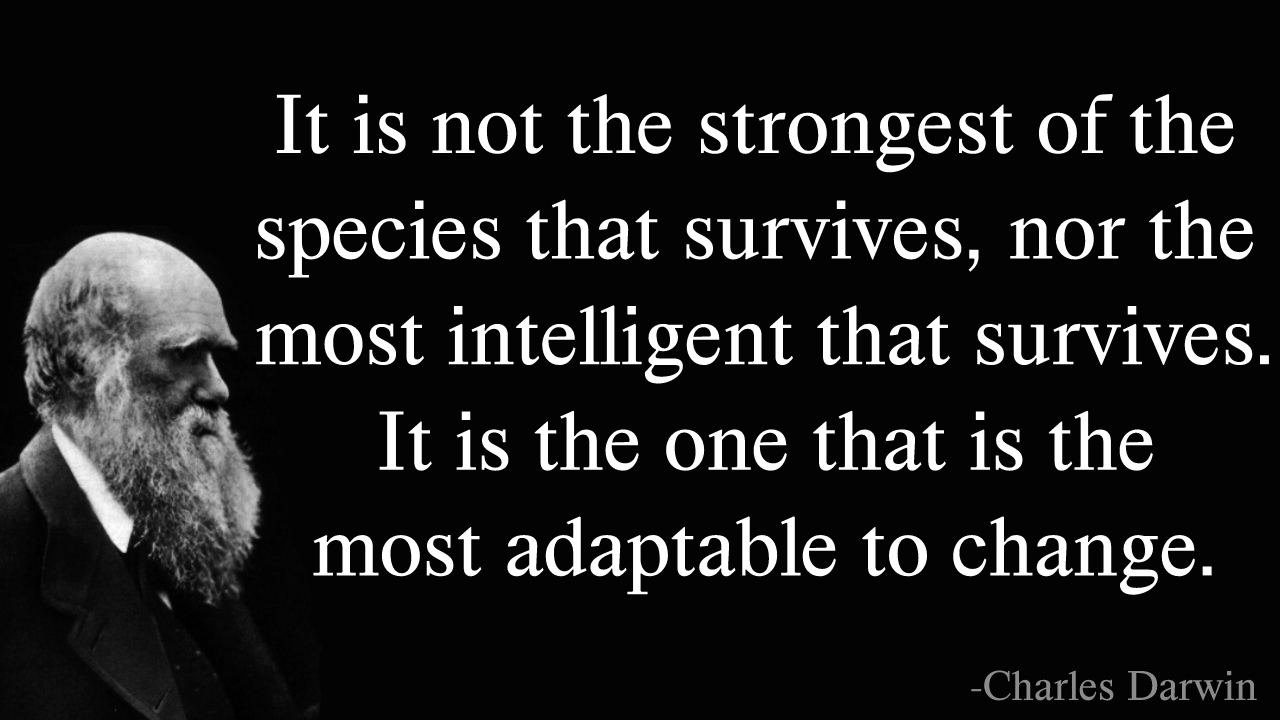
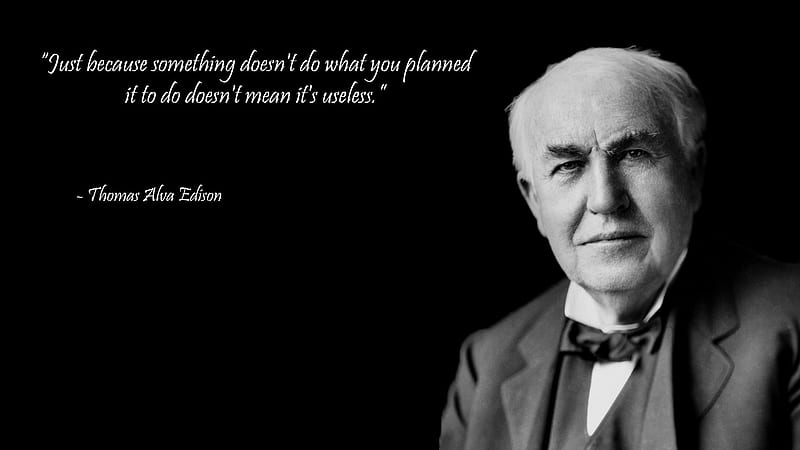
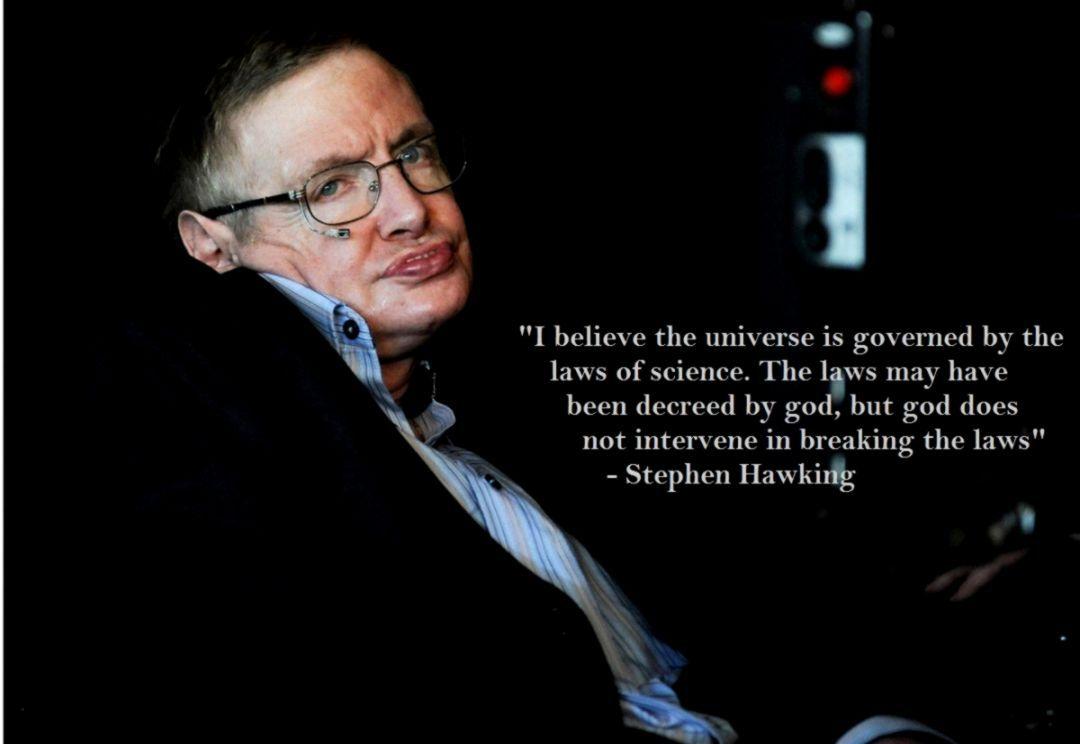

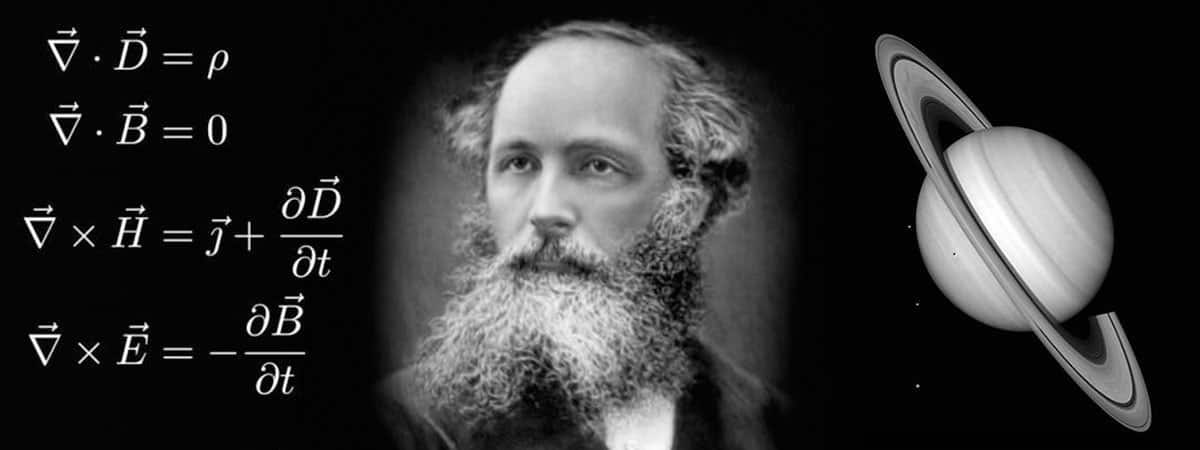


Comments
Post a Comment